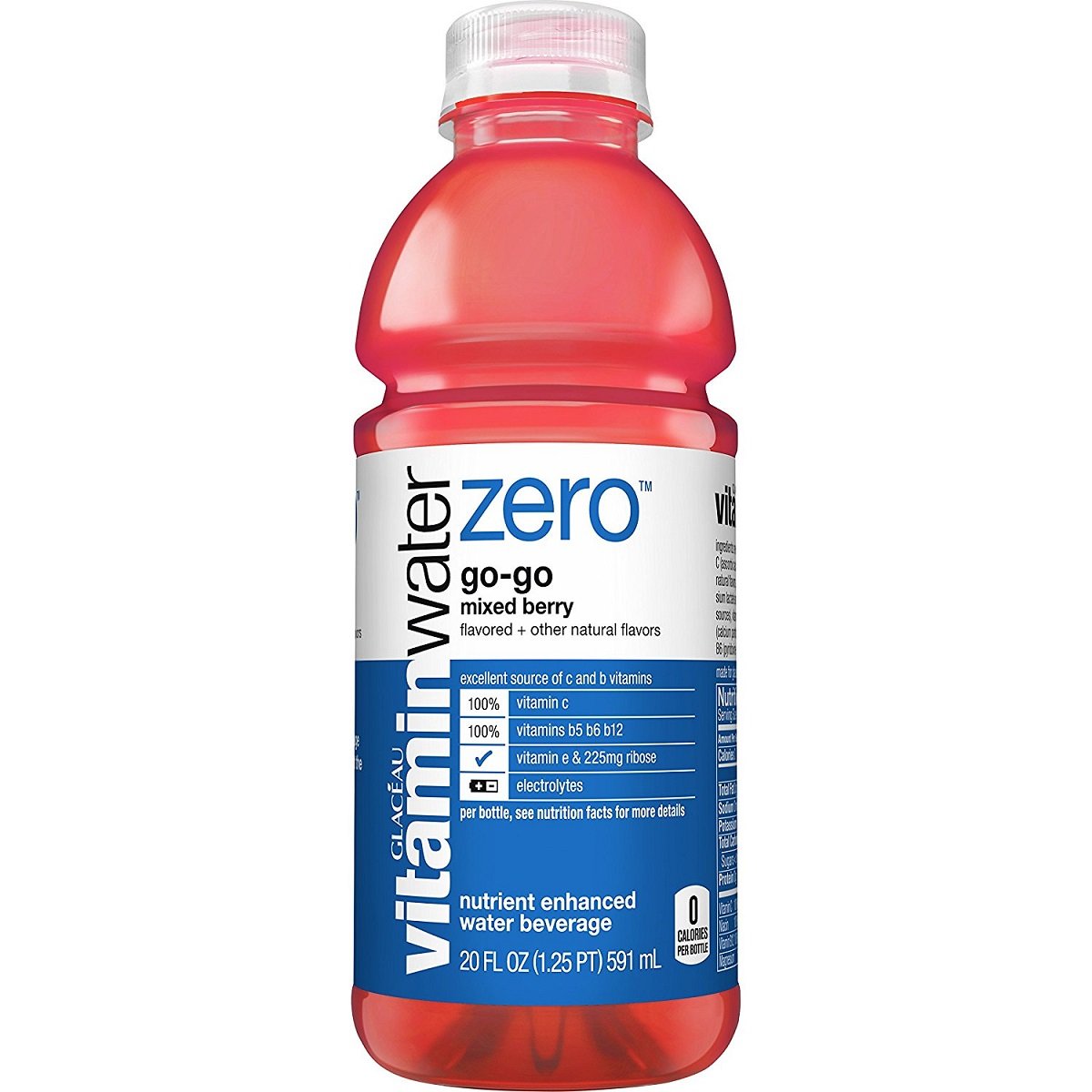

One of the biggest white rice benefits is that it is often enriched with key vitamins and minerals that many may lack. Here are a few of the top health benefits of white rice nutrition. While there are definitely some downsides associated with eating white rice every day, there are several potential benefits to consider as well. Related: Rice Water for Hair & Skin: Does It Really Work? Potential Health Benefits In addition to being highly toxic, arsenic exposure can also contribute to heart problems, diabetes, neurological conditions and certain types of cancer.Īlthough white rice is lower in arsenic than brown rice, it’s still best to keep your intake in moderation and include a variety of whole grains in your diet to limit your exposure and decrease the risk of arsenic poisoning.

Although dietary patterns that include rice have been shown to prevent weight gain, other studies have found that diets high in refined grains could be tied to increased body weight and belly fat.Īrsenic is another major concern with rice consumption, as rice plants tend to accumulate higher amounts of arsenic when exposed to water or soil that is contaminated. Other research suggests that white rice potentially could be associated with an increased risk of metabolic syndrome, which is a cluster of conditions that occur together that can increase the risk of heart disease, stroke and diabetes.įurthermore, although there are relatively few calories in white rice nutrition compared to other grains, studies on the link between white rice and weight loss have turned up mixed results. Not only can regular consumption of refined grains impair blood sugar control, but a large study published in BMJ also found that white rice consumption was tied to a higher risk of developing type 2 diabetes. It is also low in fiber and has a high glycemic index, meaning it can increase blood sugar levels very rapidly. So is white rice bad for you? There are several risks and side effects associated with this popular ingredient, starting with the amount of white rice carbs packed into every serving. White rice nutrition also contains small amounts of calcium and potassium.

White rice nutrition contains micronutrients such as manganese, folate, thiamine and selenium. Related: Is Jasmine Rice Nutrition Healthy? Facts, Benefits, Recipes & More White Rice Nutrition Facts In particular, manufacturers most often enrich rice with iron and B vitamins like thiamine and folate. Some types of white rice are also enriched, meaning that certain vitamins and minerals are added to the rice during processing to boost its nutritional value. However, many nutrients are lost during the milling process, and the rice is typically stripped of its fiber, manganese, magnesium, selenium and phosphorus. White rice is a type of refined grain that has been milled and processed to remove the bran and germ of the grain, which helps cut costs for manufacturers and extends the shelf life of products. So is white rice healthy? Here’s what you need to know about white rice nutrition and whether or not it deserves a spot in your weekly meal rotation. On the other hand, it is easy to digest, gluten-free and often enriched with important nutrients. In addition to being highly processed and refined, it may contain high amounts of arsenic and could be linked to an increased risk of chronic disease. There are both benefits and downsides to consider when it comes to this common type of rice. However, white rice nutrition is considered a staple ingredient in cultures and cuisines all around the world. White rice is often criticized as a nutritionally void source of empty carbs and calories.


 0 kommentar(er)
0 kommentar(er)
